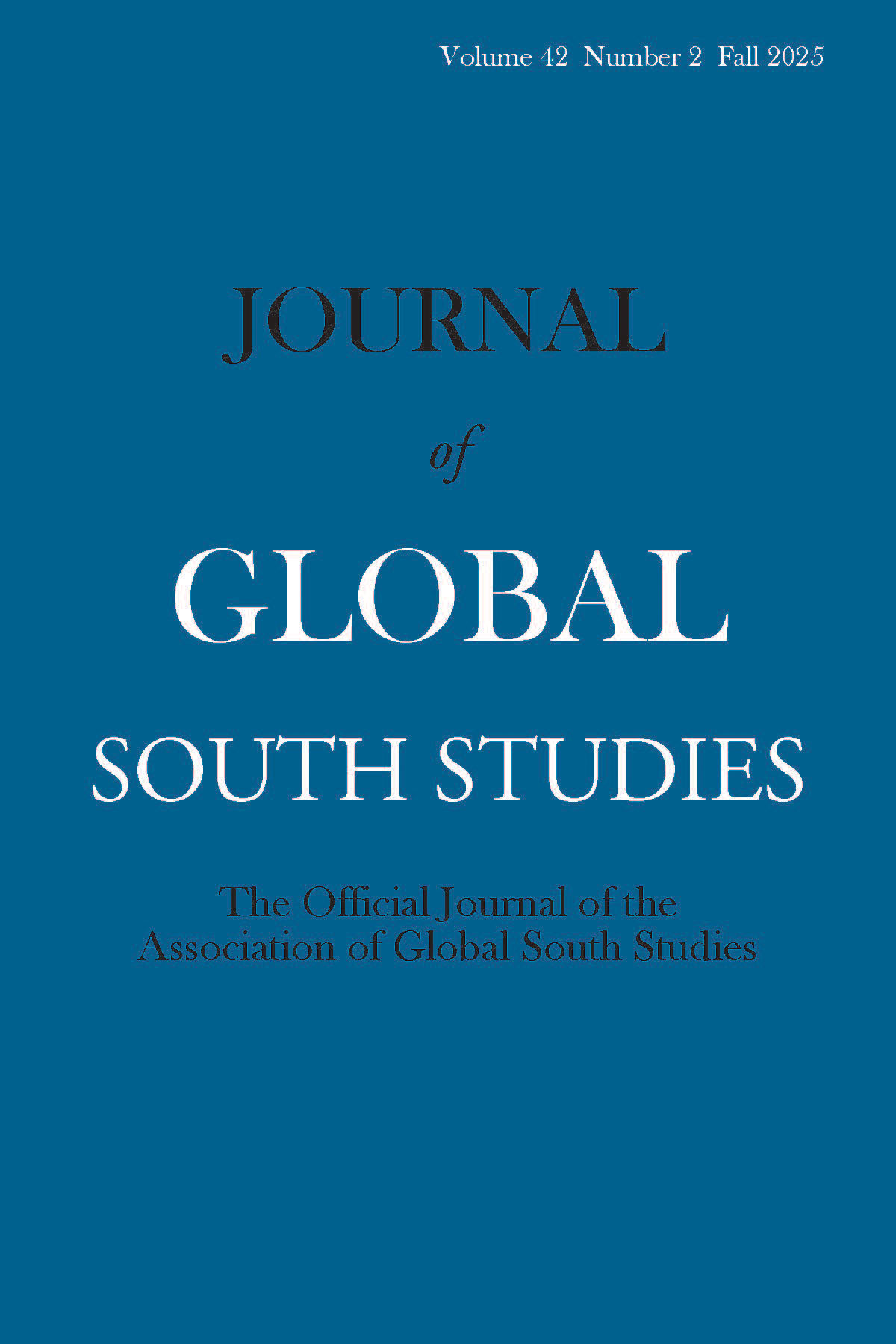Brazil, India, and South Africa and the Use of Force in Peace Operations Pragmatism Rather Than Inconsistency
Main Article Content
Abstract
Contemporary peace operations are often authorized to use force to accomplish their mandates and protect civilians under threat. This coercive turn often faces significant challenges. Some countries are resistant to the use of force at the political level but are more accepting at the operational and tactical levels. This article explores the Brazilian, Indian, and South African involvement in peacekeeping and highlights their position regarding the use of force to protect civilians during peace operations. It outlines political and practical approaches to engagement in peacekeeping to evidence the main argument that a restrictive stance on the use of force at the political level can coexist with the acceptance of forceful mandates to protect populations at the operational and tactical levels. Moreover, this acceptance can be explained through the pragmatism of their foreign policies that are connected to their views and aspirations as emerging countries.

